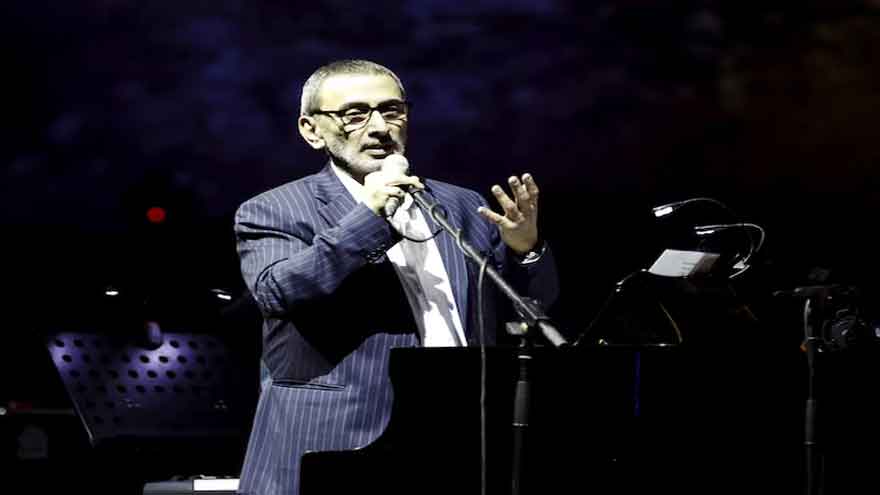Ziad Rahbani Dies at 69, Leaving Legacy
With a career spanning over four decades, Ziad Rahbani's impact on Lebanese music and theatre is immeasurable, and his unique sound and bold critiques will continue to resonate with audiences for years to come, his compositions and plays remain a testament to his innovative spirit and commitment to social justice.

Lebanese composer and musician Ziad Rahbani has passed away at the age of 69, leaving behind a legacy of unique musical compositions and bold theatrical works that critiqued societal norms and politics. Born on January 1, 1956, Rahbani was the eldest son of legendary singer Fairuz and composer Assi Rahbani, and he rose to fame with his theatrical debut in 1974.
Rahbani's music and plays were known for their blend of Western and Arabic influences, addressing themes of identity, injustice, and war. His compositions, such as "Ouverture 83", "Bala Wala Chi", and "Kifak Inta", continue to inspire and spark dialogue in the Arab world. As a vocal critic of Lebanon's sectarian politics, Rahbani's words resonated with people across the country's divides, and his legacy endures among younger generations.
Throughout his career, Rahbani became known for his unflinching satire and leftist outlook, with plays like "Bennesbeh La Bokra Chou?" and "Film Ameriki Taweel" showcasing his unique perspective. His influence on Arab counterculture and contributions to Lebanese cultural expression are still felt today, and his death is mourned by Lebanese President Joseph Aoun, who called it a national loss.
Rahbani is survived by his mother, Fairouz, and his siblings, and his passing marks the end of an era in Lebanese music and theatre. However, his works continue to inspire and influence new generations of artists and musicians, ensuring that his legacy will live on.